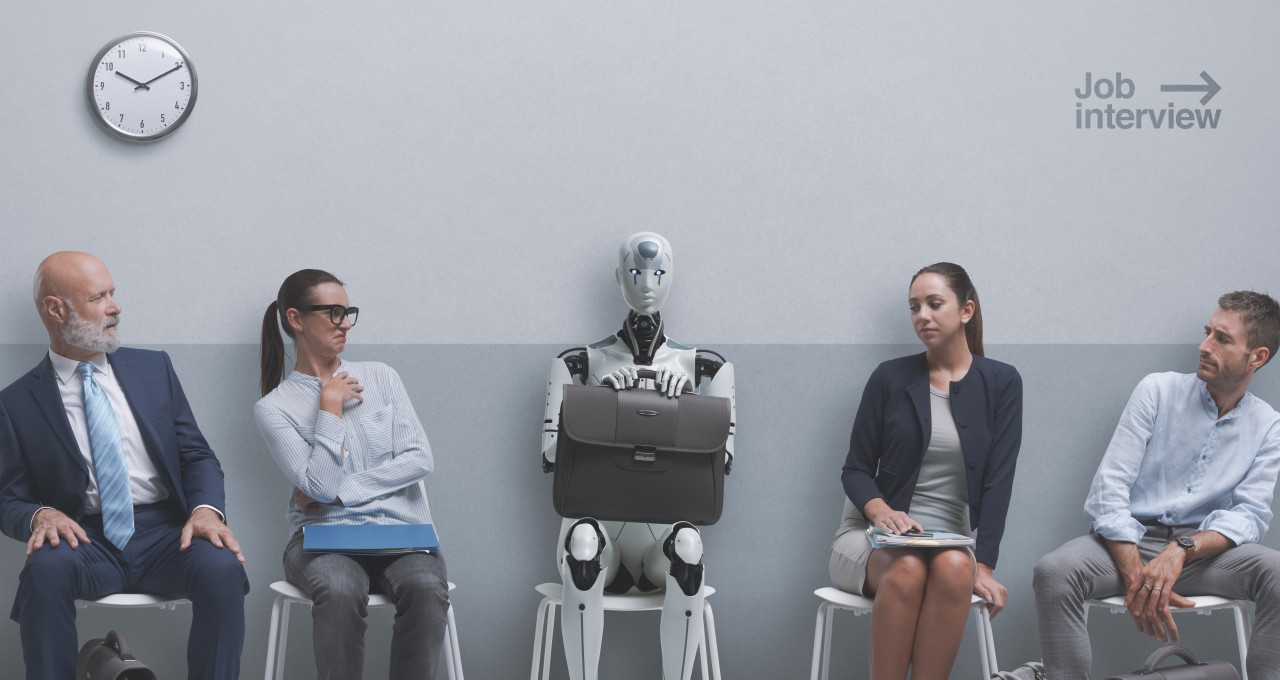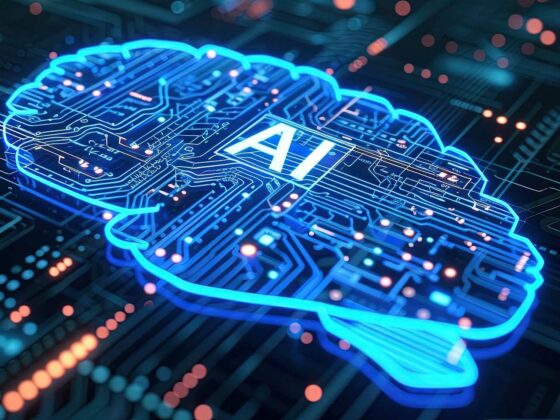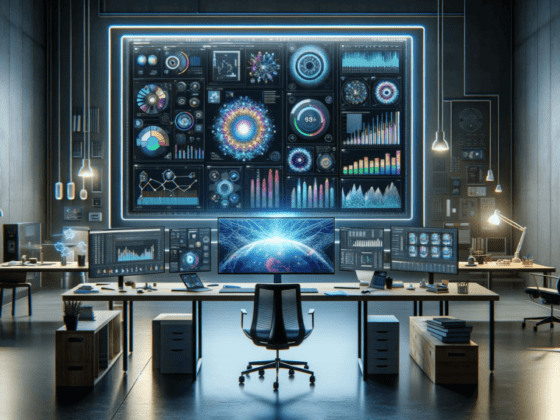In recent weeks, I’ve engaged in numerous discussions with tech industry professionals, focusing on the long-term impact of integrating AI into various business processes. This article aims to shed light on these impacts, offering a structured analysis and urging professionals to consider their future in an AI-dominated job market.
The Case of Klarna: A Precedent in Customer Service Automation

AI’s Impact on Operational Efficiency
A compelling example can be found in Klarna’s recent experience. The integration of AI, particularly GPT models, into their customer service operations has led to significant improvements.
Notably, there’s been a reduction in customer requests, an increase in average customer satisfaction rates, and a decrease in operational costs.
Consequently, Klarna has been able to significantly reduce its customer service workforce, as AI capabilities now fulfill roles previously occupied by humans.
The Broader Trend Across Industries
This phenomenon isn’t isolated. Many editorial organizations have followed suit, incorporating AI into their operations and subsequently reducing their workforce.
This trend is gradually extending across various sectors, with more organizations likely to adopt AI in the near future.
The Job Displacement Dilemma

The Shrinking Job Market for Professionals
A critical question arises: What happens to professionals displaced by AI? Unfortunately, for many, the prospects of finding new employment are bleak. Individuals specialized in a single job or industry face significant challenges in transitioning to new roles.
The reasons are multifaceted, encompassing the high costs and time investments required for re-education, which many cannot afford without a stable income.
Ethical Considerations and Industry Response
This situation presents a profound ethical dilemma, one that is not being addressed with the urgency it demands. Companies, focused on maximizing profits, often overlook the human cost of technological advancement.
The entertainment industry in the U.S. has seen actors and writers striking for months, highlighting the severe impact AI has already had on their professions.
The introduction of Sora, OpenAI’s new generative AI model, is anticipated to exacerbate these challenges further.
A Call to Action

This discussion serves as a wake-up call to all professionals. The rapid advancement of AI technology is not a distant future concern; it is a present reality that demands immediate attention and action.
Preparing for an AI-Dominated Future
- Awareness: Recognize the potential of AI to transform your job and industry.
- Adaptation: Seek opportunities for upskilling or reskilling to remain competitive in an evolving job market.
- Advocacy: Engage in conversations about the ethical implications of AI and advocate for policies that support workforce transition.
The integration of AI into the workforce presents both opportunities and challenges. While AI can enhance operational efficiency and create new job categories, it also poses significant risks to job security and professional identity.
As we navigate this changing landscape, it’s crucial to balance innovation with ethical considerations, ensuring that the benefits of AI are distributed equitably across society.



